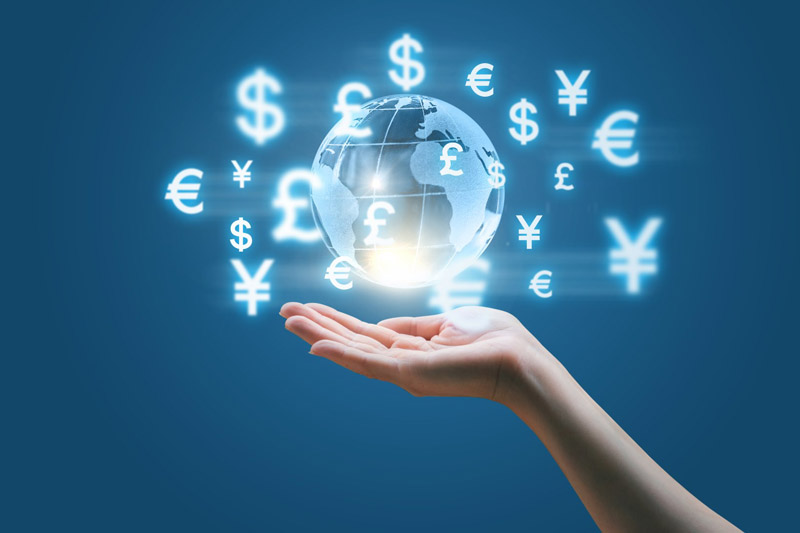Unlike the equity market where investors often trade with institutional investors (such as mutual funds)or other individual investors there are additional participants that trade on the forex market for entirely different reasons than those on the equity market. Therefore, it is important to identify and understand the functions and motivations of these man players of the forex market.
Arguably, the most influential participants involved in the forex market are the central bank and federal governments. In most countries, the central bank is an extension of the government and conducts it policy in line with the government. However, some government feel that a more independent central bank is more effective in balancing the goals of managing inflation and keeping interest rates low, which usually increases economic growth. No matter the degree of independence that a central bank may have, government representatives usually have regular meetings with the central bank representatives to discuss monetary policy.
Central banks are often involved in manipulating reserve volumes in order to meet certain economic goals. For example, ever since pegging it currency (the Yuan) to the U.S dollar, China has been buying up millions of dollar worth of U.S treasury bills in order to keep the Yuan at its target foreign exchange rate (forex rate) central banks use the foreign exchange market to adjust their reserve volumes. With extremely deep packets, they yield significant influence on the currency market.
Along with central banks and governments, some of the largest participants involved with forex transactions are banks. Most people who needed foreign currency for small scale transactions, like money for traveling, deal with neighborhood banks. However, individual transactions pale in comparison to the dollars that are traded between banks, better known as the interbank market. Banks make currency transactions with each other on electronic brokering system that a based on credit. Only banks that have credit relationships with each other can engage in transaction. The larger banks tend to have more credit relationships, which allow those banks to receive better foreign exchange prices. The smaller the bank, the fewer credit relationships it has and the lower the priority it has on the pricing scale.
Banks, in general, acts as dealers in the sense that they are willing to buy/sell a currency at the bid/ask price. One way that banks make money on the on the forex market is by exchanging currency at a higher price than they paid to obtain it. Since the forex market is a worldwide market, it is common to see different banks with slightly different exchange rates for the same currency.
Some of the biggest clients of these banks are international business. Whether a business is selling to an international client or buying from an international supplier, it will inevitably need to deal with the volatility of fluctuating currencies. Having to deal with forex risk is a big problem to many multinational corporations. Since foreign exchange is uncertainty.
One choice that a business can make to reduce the uncertainty of foreign exchange risk is to go the spot market and make a transaction for the foreign currency that they need. Unfortunately, businesses may not have enough cash on hand to make such transactions in the spot market or may not want to hold large amount of foreign currency for long periods of time. Therefore, businesses quite often employ hedging strategies in order to lock in a specific exchange rate for the future, or to simply remove all forex risks for a transaction. Example is a European company wants to by steal from U.S. it would have to pay for steal in U.S. dollars. If the price of the Euro falls against the dollars before the transaction is made, the European company will finally pay more Euro than formally specified. As such, the European company could go into the market to lock in the current exchange rate to eliminate the risk of dealing in U.S. dollars. These contracts could be either forwards or future, contract.
Other class of participants in forex are speculators. Instead of hedging against changes in exchange rates or exchanging currency to fund international transactions, speculators attempt to make money by taking advantage of fluctuating exchange rate levels.
The largest and most controversial speculators on the forex market are hedge funds, which are essentially unregulated funds that use unconventional and often risky investment strategies to make very large returns. Think of them as mutual funds on steroids.
Given that they can take large positions, they can have a major effect on a countries currency and economy. Some critics blame hedge funds for the Asian currency crises of the late 1990s, while others pointed on Asian central bankers. Either way, speculators can have a huge impact on the forex market.
These are the basic participants of the forex market, now you can understand the history and knowledge of the forex market.


